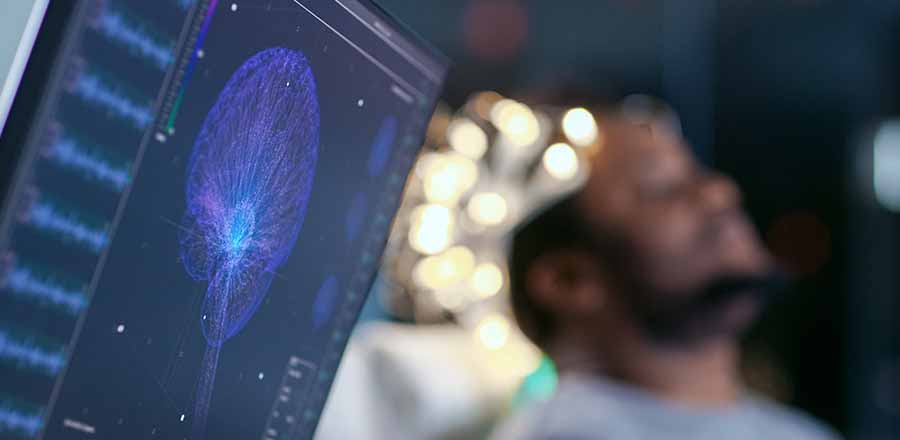School announces two new programmes within Respiratory and Sleep Science
Both programmes developed in response to the Richards' review.
- Published on
- 16th January 2023
- Filed under
- NSHCS
We are excited to announce 2 new programmes to provide training within Respiratory and Sleep Science, developed in response to the Richards’ review (Diagnostics: Recovery and Renewal – Report of the Independent Review of Diagnostic Services for NHS England) and the NHS Long Term plan.
Diagnostic activity forms part of over 85% of clinical pathways and the Covid-19 pandemic has highlighted the centrality of diagnostics to the NHS’ ability to deliver patient services. Diagnostics capacity is central to delivery of many of the key clinical commitments, from improving cancer diagnosis and treatment to early detection and prevention of heart attacks and strokes, and has emerged as one of the main enablers for restoring patient services as part of the recovery. Investing in growing the diagnostic workforce is essential to delivery of the review, together with adopting innovative ways of making the best use of our current workforce, implementing new staffing models and use of digital tools to support optimal use of the skills and experience of our diverse workforce. The Physiological Measurement Pillar, co-chaired by Dr Martin Allen (NHS England/Improvement) and Professor Berne Ferry (Health Education England), working with stakeholders from the NHS workforce and professional bodies, has reviewed current and future workforce requirements and developed and secured funding for new programmes and courses to quickly grow the workforce ensuring quality of training and education, supporting the right people with the right skills to deliver the aims of the Richards’ review and NHS Long Term plan.
Graduate Diploma in Respiratory Science
Level 6 training in Healthcare Science is via the Practitioner Training Programme (PTP) – a full-time, 3-year, undergraduate degree allowing students to develop the necessary skills and experience to work as a Healthcare Science Practitioner on graduation. This new programme offers a shortened timescale for trainees who have a relevant, cognate undergraduate degree (eg Sports Science) employed within Respiratory departments in the NHS in England. The programme integrates academic teaching of clinical and professional modules from the PTP with the appropriate work-based training over 1 year, allowing a fast, quality assured scheme up-skilling trainees to become equivalent to graduates of the Practitioner Training Programme (PTP). By increasing the workforce at this level, this would also allow further development of current experienced Respiratory Physiologists to support efforts to increase and retain the workforce at more advanced levels.
Post Graduate Certificate in Sleep Medicine
This is a new programme designed to support the delivery of services by different staff in different settings, by educating colleagues in the underpinning science to deliver a clinical role in a chronically understaffed specialism. The post graduate sleep medicine programme will package advanced integrated sleep training to a wide range of healthcare professionals including healthcare scientists, doctors, nurses and allied health professionals. Building on the successful STP delivery structure, the programme ensures trainees receive both academic and work-based training to enable rapid expansion of sleep science services to meet the recommendations of the Long-Term Plan, the Richards’ review, and the GIRFT report 2021; Recommendation 8: Improve care for patients in sleep medicine by addressing delays in diagnosis of sleep problems and CPAP initiation, together with resolving gaps in infrastructure.
Training grants and academic fees will be provided to employers by HEE.
We are holding a webinar to introduce these 2 new programmes. Click this link to find out more information.
You can also watch a recording of the webinar held on Thursday 2nd February 2023.
